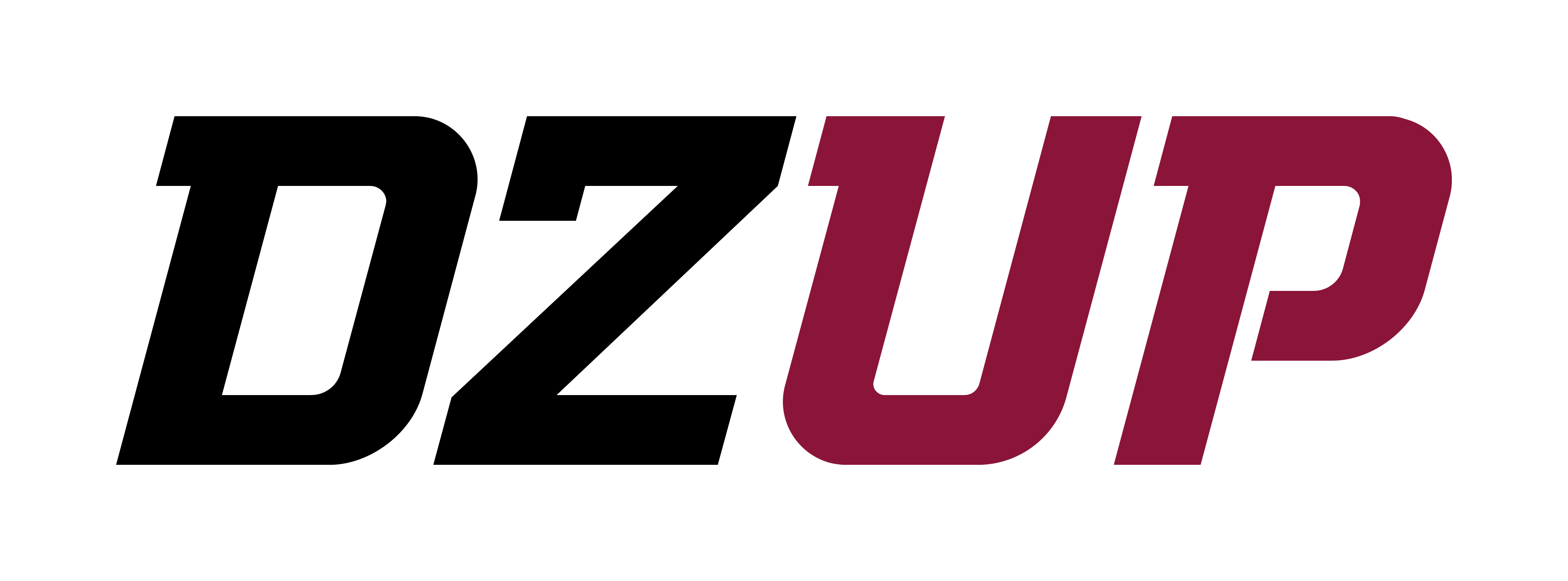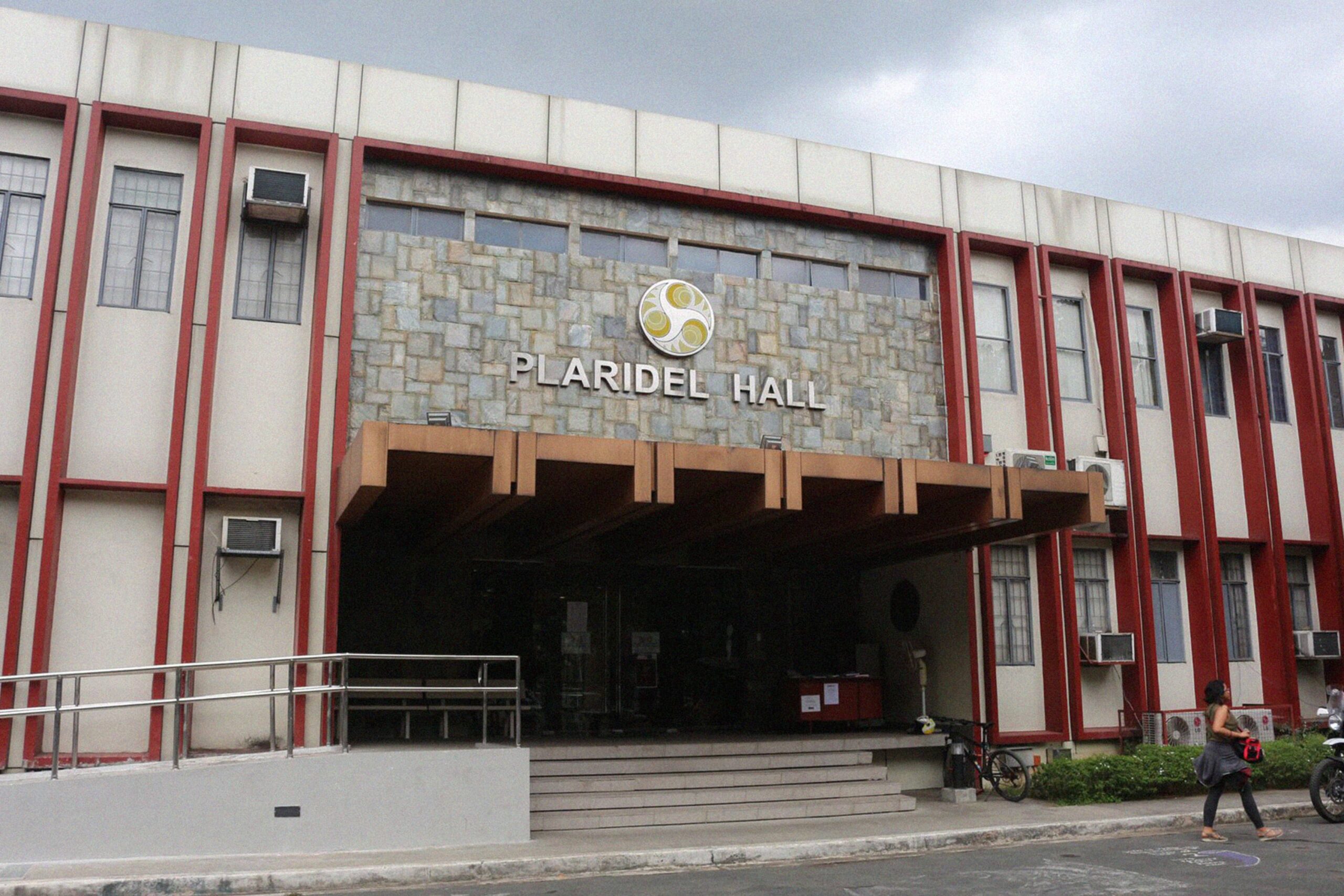The administration of President Ferdinand Marcos Jr. must “walk the talk” in implementing its media and information literacy (MIL) campaign, members of the University of the Philippines (UP) Diliman Department of Broadcast Communication (DBC) said in a statement last August 30.
“Advocating a more discerning and educated media making and usage for all does not absolve [the Administration] from being built by disinformation and misinformation, as various exposés and scholarship substantiate. To say the least, it is merely an effrontery,” members of the UP DBC said.
“If it is at all sincere in its espousal of a media literate citizenry, we wish to underscore that communication, in whatever form or platform, must always be a matter of speaking truth to power,” they said.
“Abuse and misuse of information and media is not about the distortion of facts and the spread of inaccurate data alone. It is, ultimately, the destruction of life and preclusion of a sustainable future.”
To promote an “honest-to-goodness” MIL initiative, the UP DBC urged Malacañang to uphold freedom of the press, support legitimate media in its watchdog role, promote critical MIL in schools, engage with the academe and civil society organizations in policymaking, and participate in the global movement calling for positive change on social media.
Various MIL advocacy groups such as the Out of The Box Media Literacy Initiative, Philippine Association of Communication Educators, Media Educators of Mindanao, Movement Against Disinformation, Baguio Chronicle, Altermidya Network, Philippine Collective for Modern Heroism, Active Vista Center, and Pitik Bulag have previously expressed reservations about the initiative, emphasizing the importance of implementing foundational solutions.
“Numerous research have proven how certain politicians have benefited the most from disinformation, and how business models of social media companies encourage the production of toxic and divisive content,” they said in a joint statement last August 17.
“The financial and political gains of manipulating information online remain highly favorable for politicians and platforms alike. MIL campaigns must then be complemented with deeper structural solutions, such as promoting transparency and accountability in campaign finance and political advertising.”
The said organizations asked the government to base its MIL projects on “existing work and insights by academics, civil society, and journalists who have produced exciting and critical interventions over the past six years.”
Malacañang on August 14 launched its MIL project in partnership with social media networks such as Meta, Google, and TikTok.
According to the Presidential Communications Office (PCO), the inter-agency initiative seeks to combat misinformation and disinformation through education.
“Through education, we can empower individuals to think critically, to discern between reliable and dubious sources,” PCO Undersecretary Emerald Ridao said.
“Beyond that, this campaign aims to nurture a culture of critical thinking, curiosity, and responsible engagement. By working hand in hand with educational institutions, government bodies, and our private sector partners, we aim to equip every citizen, starting with the youth, with the skills needed to navigate the complex web of media and information,” she said.
DZUP is managed by the UP DBC.

